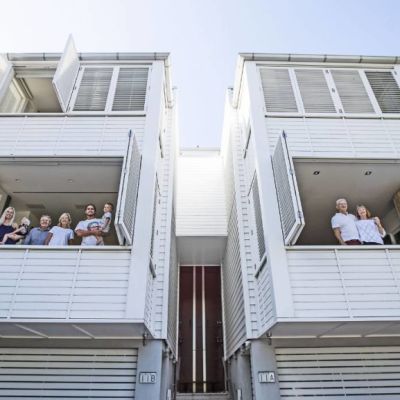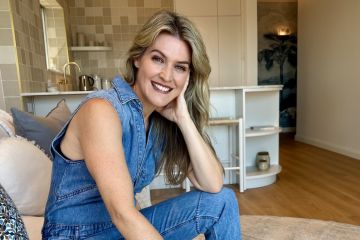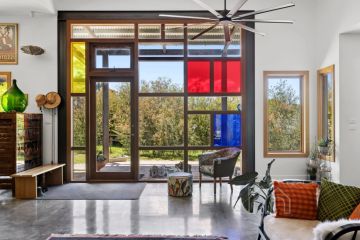All in the family: Australians who have bought their childhood homes
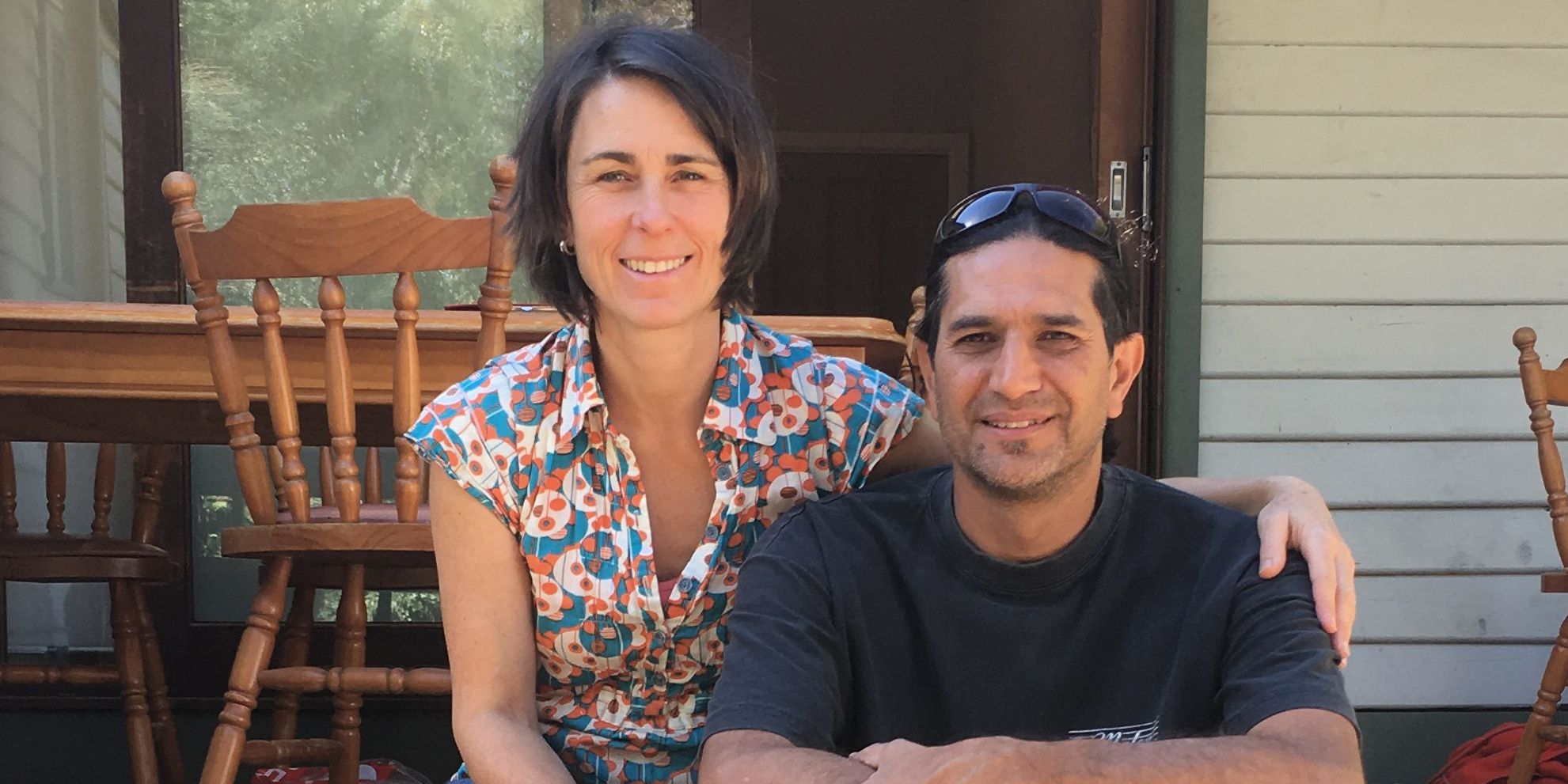
We know that young adults are living at home far longer before moving out and that it’s not unusual for grown-up kids to “boomerang” back into the family home.
But what about those who take moving back into the family house to a whole other level – by buying their childhood home?
Jodi Downes, 48, did just this just more than a decade ago. “When I was pregnant with my second child, we needed more space, so we decided to move back Templestowe way,” she says, speaking of the Melbourne suburb in which she grew up. “At the same time, Dad was thinking of downsizing, and a friend suggested that we buy his house.”
Downes’ initial reaction was to laugh but, once the seed was planted, she couldn’t shake the idea. “At every open for inspection, we’d be comparing it with Dad’s house,” she says. She approached her father with the idea, and Downes now owns not only the house she lived in from ages five to 25 but the billiard table that her Dad was extremely relieved not to have to deal with as part of his moving out.
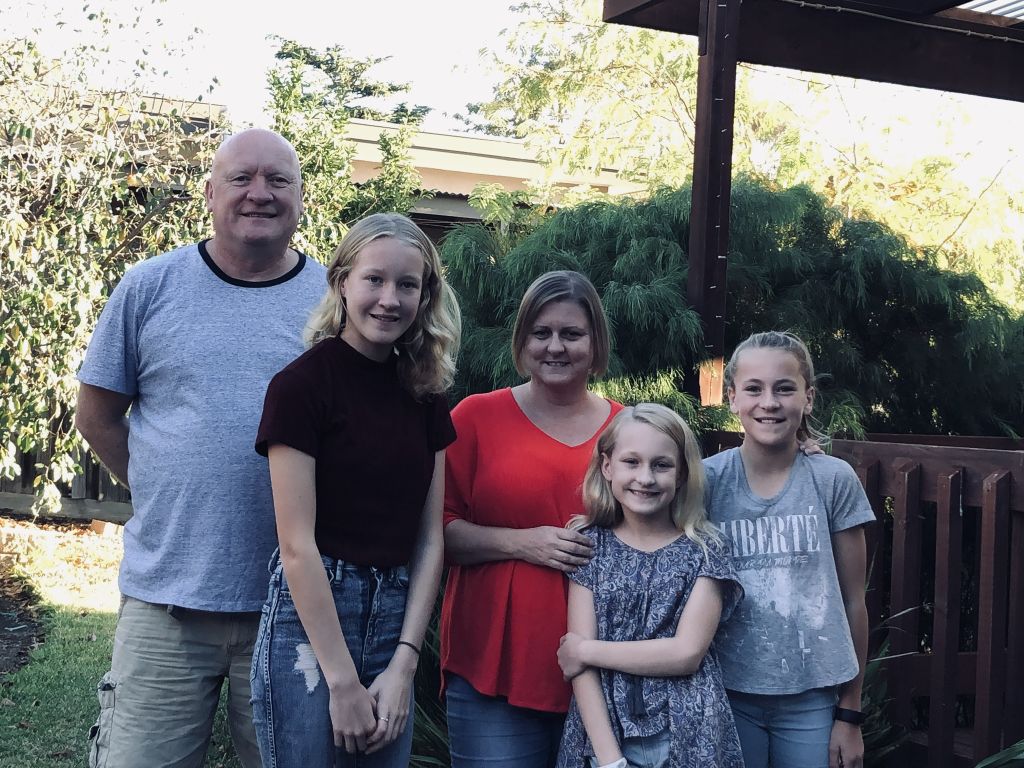
The prompts for David Juriansz, 52, to buy his parents’ house were similar. “We had returned from living in London and, thanks to the housing boom and expecting our first child, we couldn’t afford to buy in Melbourne,” he says. “My family were building a new home for Mum and Dad, and my sister suggested that we buy the old house.”
Juriansz wasn’t keen on the idea, not because of the high maintenance and inadequate heating that had prompted his parents’ downsizing, but for psychological reasons. Juriansz lived from age 10 to eighteen in the Woodend home, and it had remained the hub for his family since.
“Though it was really exciting to have bought our first home, I would sit on the toilet and look at the same tile patterns that I’d stared at as a kid,” he says. “All I could think was: ‘I’m about to become a father, I’ve travelled the world and I’m back living in the same rooms’.”
A substantial renovation a few years later helped Juriansz focus on the positives of his unusual real-estate situation. Downes, who was able to renovate before moving in, feels that this also helped hugely with her adjustment. “We put in a new kitchen and redid the garden, so it looked a bit different to the way it was,” she says. “And we made a very deliberate decision to put our bed in a different place in the main bedroom so that it didn’t feel like we were sleeping in mum and dad’s bedroom!”
Juriansz wasn’t the only one to find the transition difficult, with his father starting to experience cognitive impairment around the time of the moves. “Dad once accidentally wandered back ‘home’ from a medical clinic appointment,” Juriansz says. “He would also, when visiting, wander around the house saying ‘This is a nice place, I don’t know why I left’.” Juriansz knows that his father’s transition to the much-needed downsized unit was made easier by the fact that it was his son who was buying the family home. “His letting go was softened by knowing that it was staying in the family,” he says.
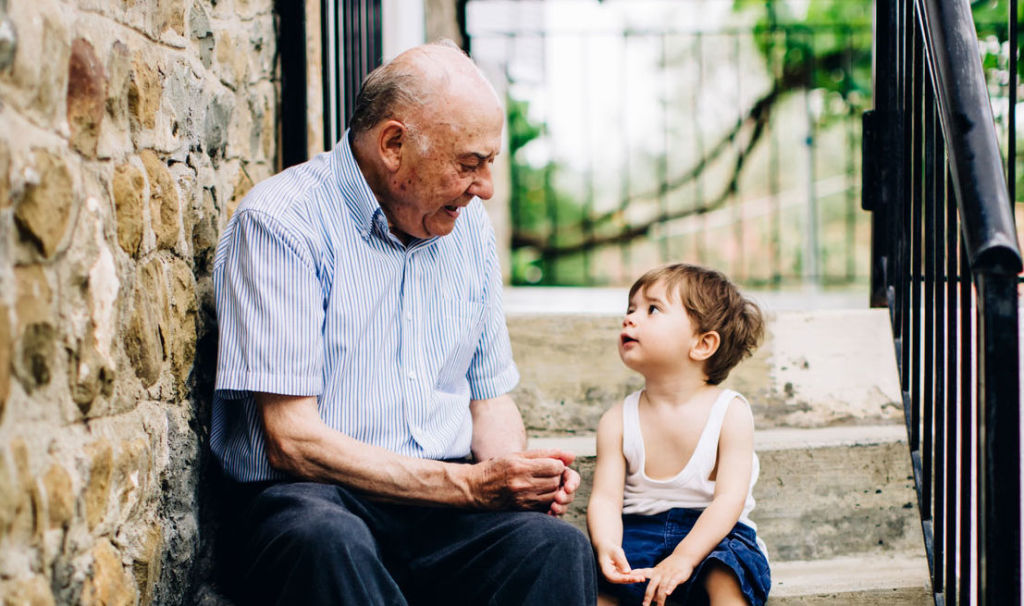
Both Downes, who works as a librarian in the design and construction industry, and Juriansz, who is a 5Rhythms teacher, say that everyone involved benefitted financially, as their arrangement saved agent fees and meant that there was no need for repairs or styling prior to sale.
“We agreed that we were both paying a fair price and getting a good price,” says Juriansz. “You’re treading a fine line in that you don’t want to rip the vendor off because they’re your parents, but you don’t want to get ripped off either,” says Downes, who negotiated the price with her father one night after visiting for dinner, based on valuations and local area research.
Extended family members have also benefitted from the in-family property purchases. Downes says her older sister was very pleased, saying it would have been really sad to see the house go, especially as their mother passed away when the girls were in their 20s.
The links to the next generation are already strong. “My kids go to my old school,” says Downes. For Juriansz and his wife, Meredith, home-birthing their children adds a further connection. “My mother attended the home births of her grandchildren in the lounge room that used to be hers,” he says.
Downes has no plans to move, at least until her three daughters are grown. For Juriansz, the future is less certain. Though his childhood home is currently rented out, his emotional attachment remains strong. “If we sell it, it will be a hard day for us, and the whole family,” he says. “There are moments where I wonder whether there is something wrong with me that I haven’t flown further from the nest, but it also fills me with such beauty – the continuity, the real putting down of roots, and the sense of identity that comes from place.”
We recommend
We thought you might like
States
Capital Cities
Capital Cities - Rentals
Popular Areas
Allhomes
More
- © 2025, CoStar Group Inc.


